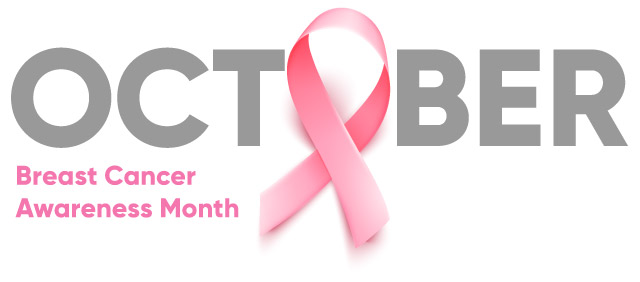 A cancer diagnosis changes a person’s life in an instant.
A cancer diagnosis changes a person’s life in an instant.
“In the United States in 2021, there will be an estimated 281,550 new cases of invasive breast cancer diagnosed in women; 2,650 cases diagnosed in men; and an additional 49,290 cases of ductal carcinoma in situ diagnosed in women,” according to the American Cancer Society. “An estimated 44,130 breast cancer deaths (43,600 women, 530 men) will occur in 2021.”
Having the right team of experts is vital, says PEF member Anne Courtney, a breast cancer survivor who is both an employee and a patient at Roswell Park Comprehensive Cancer Center, working as a registered nurse in the Head & Neck and Plastic & Reconstructive Surgery Department.
“You need to get the right expert care to manage your treatment,” Courtney said. “Find a place where you have experts who are up-to-date on the most recent treatments. Find a compassionate team that you trust. Advocate for yourself and stay informed about your care. There are no stupid questions.”
Courtney said the mental health toll on patients is often staggering – so don’t ignore it.
“Seeking mental health care is really important,” she said. “It affects you in a lot of ways. It’s very stressful treatment, the physical effects, the emotional effects. You are dealing with thoughts about survival. You may have body image issues. It’s important to seek treatment if you find yourself having a hard time.
“You also need to have the support of your family and friends,” Courtney said. “A lot of people don’t want to bother anybody. It’s a time to accept any help that is offered.”
Taking steps toward prevention
In honor of Breast Cancer Awareness Month in October, Courtney stresses the importance of vigilance for women and men, especially those with a family history of breast cancer or other risk factors.
“Pay attention to your body,” she said. “Make sure you go for the required tests, such as mammograms. Stay on top of it and be proactive.”
The American Cancer Society – www.cancer.org — is a good place to find guidelines for testing, information about the tests, signs and symptoms to look for, and much more.
“Finding breast cancer early and getting state-of-the-art cancer treatment are the most important strategies to prevent deaths from breast cancer,” the American Cancer Society states. “Breast cancer that’s found early, when it’s small and has not spread, is easier to treat successfully. Getting regular screening tests is the most reliable way to find breast cancer early.”
Resources and the Roswell Park advantage
With 29 years experience as a nurse at Roswell Park, Courtney loves her job and the work being done at Roswell Park. Teams of specialists, many of whom are PEF members, can make a huge difference in the lives of patients, bringing innovative treatments, including clinical trials, to patients facing some of the worst days of their lives.
Support systems and resources are available to help guide new patients through the process of treatment.
The Resource Center for Patients and Families is a wealth of supportive services, such as A Wig, Scarf and Hat Boutique, where any cancer patient can select a free wig or other head covering once a year and have it fitted; The Cancer Coach Program, which matches newly diagnosed patients with trained volunteer coaches, who provide support, encouragement and information; and Look Good … Feel Better, a free once-a-month program to help lift the spirit.
Going through her own journey, Courtney found the Look Good … Feel Better program particularly valuable. The program helps patients and survivors deal with appearance-related side effects of their cancer treatment, and offers skin, hair and nail care tips, make-up techniques and demonstrations for wig, scarf, hat and turban styling.
“That was great,” she said. “I was able to get a wig and it helped me restore my confidence.”
Courtney praised the care she, and others, receive at Roswell Park.
“It has been a really great place to work and I’m proud of the care that we give,” she said. “I recommend it to family and friends who have been diagnosed with cancer.”

